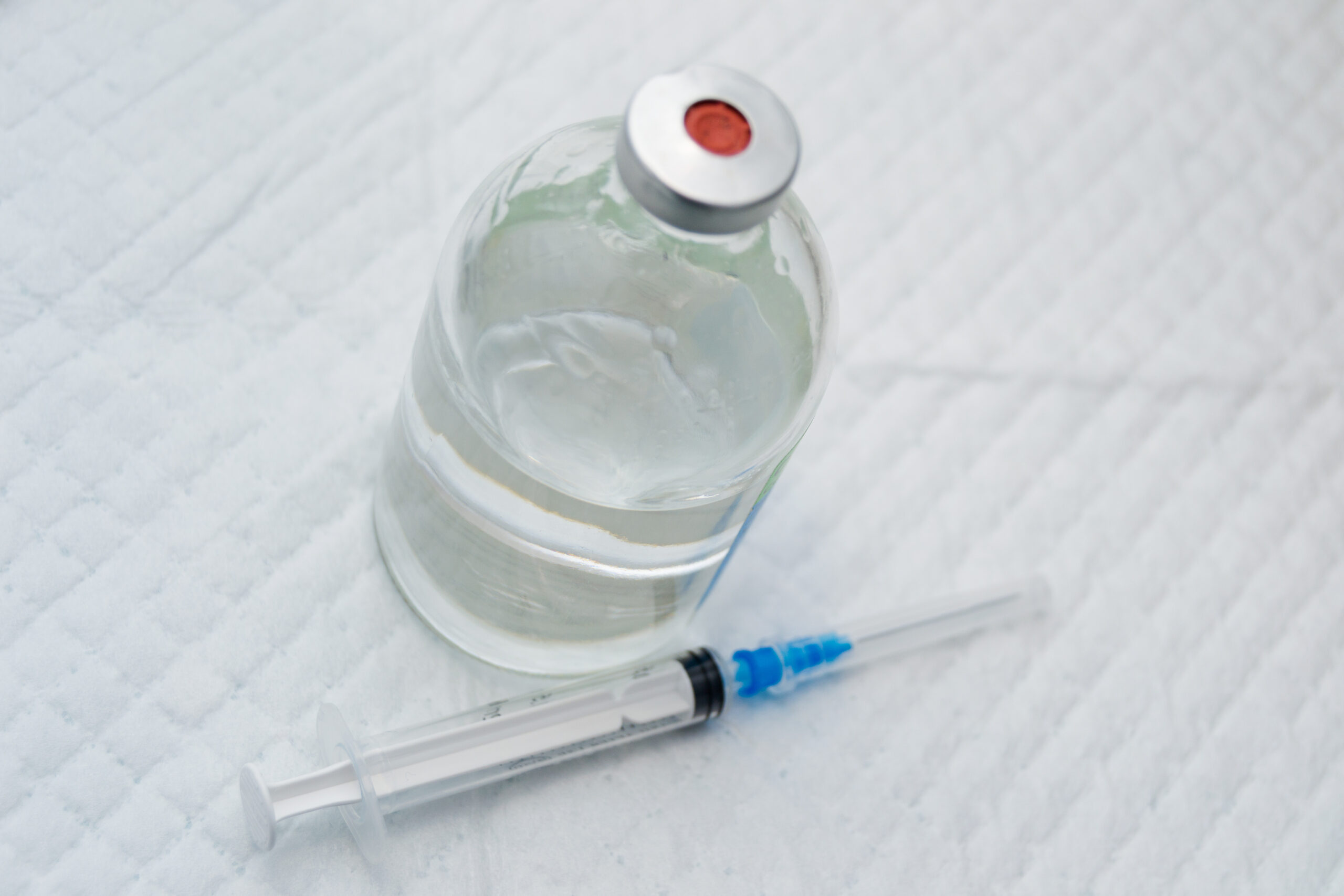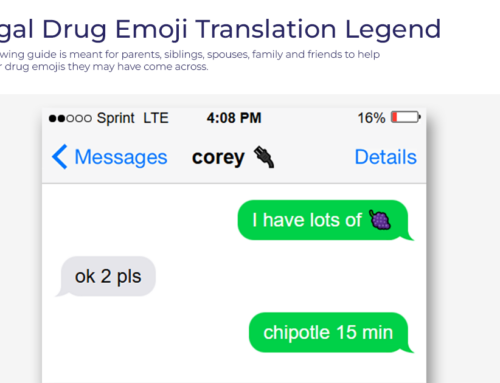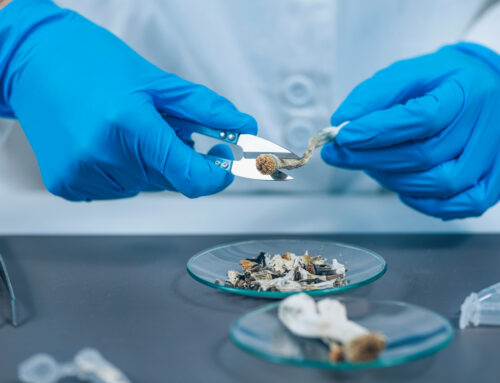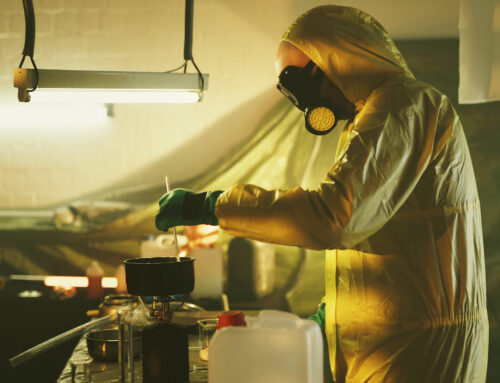It’s no secret that New Jersey has been hit harder than most states by the opioid crisis. Adding insult to injury, we have seen the rise of both fentanyl use and xylazine addiction in recent years. Opioid overdose deaths have spiked as a result of fentanyl appearing in street heroin and fake prescription opioid tablets. Now that xylazine has also entered the picture, there are some things that every New Jerseyan should know about xylazine addiction and overdose.
This Achieve Wellness and Recovery article explores the impact that xylazine addiction is having on southern New Jersey, Philadelphia, and Baltimore.
Fentanyl, Xylazine Addiction and Why Overdoses are Harder to Reverse
As it was, the presence of fentanyl was already challenging first responders desperately trying to save lives by reversing overdoses using NARCAN. The synthetic opioid fentanyl has risen at an alarming rate, and it makes overdoses much harder to reverse for two main reasons. First, fentanyl is extraordinarily potent compared to heroin or other opioids.
This has led to a spike in overdoses and OD deaths sadly. Second, as a synthetic opioid, fentanyl binds to the brain’s opioid receptors more aggressively than conventional opioids like heroin.
This ‘stickiness’ makes it harder for naloxone (the active ingredient in NARCAN) to dislodge the molecule from the μ-opioid receptors in the brain, which is what essentially “reverses” an opioid overdose. This is why EMTs, police, and paramedics now often need to use several doses of NARCAN.
The Terror of Xylazine Addiction and Irreversible Overdoses
Now that xylazine is being seen in street heroin and in many of the same places where fentanyl has been found, first responders are facing an even greater challenge. The first and foremost issue is that xylazine is not an opioid—it’s a tranquilizer.
As a tranquilizer, xylazine is unaffected by NARCAN. Therefore, when a person overdoses on an opioid that has been adulterated with xylazine, NARCAN is of little help. It will still function to dislodge heroin, fentanyl, and other opioid molecules from the brain’s opioid receptors.
How much NARCAN will help in an overdose scenario is generally proportional to how much of the overdose condition was caused by opioids and how much is related to the tranquilizer xylazine. For example, an overdose from a batch of heroin that is mostly filler and fentanyl with only a small amount of xylazine might be effectively reversed well enough with NARCAN.
Whereas someone who has taken a shot that contained significantly more xylazine may not respond well enough to naloxone (NARCAN). One of the biggest challenges is that the first responder doesn’t know how much xylazine they are dealing with.
One positive development is that xylazine test strips are now available for quick use in the field. A first responder equipped with xylazine fast test trips can detect the presence of the drug in pills, powders, or liquids.
Xylazine addiction has complicated the treatment of overdoses because:
- NARCAN does not affect xylazine overdose because xylazine is not an opioid.
- There is no “NARCAN equivalent” yet that can reverse the effects of xylazine.
- Xylazine can cause respiratory arrest and death, even in small doses.
- Xylazine is a powerful tranquilizer with compound effects when used with other CNS depressants.
How Do They Treat Xylazine Overdose?
If a person has overdosed on xylazine alone (tranq) and there are no opioids present, NARCAN won’t help reverse the overdose at all. An EMT or paramedic will often deploy NARCAN with an overdose because the patient isn’t able to tell them what they took. Even if the patient was conscious, there’s no way to know for certain without a drug test.
Unfortunately, there is no NARCAN equivalent for xylazine as of yet. The best a first responder can do for a xylazine overdose when en route to a hospital is respiratory support (ensuring the airway is clear and providing supplemental oxygen) and managing blood pressure. If the hospital is not nearby, the EMT may contact a medical toxicologist or poison control for advice.
How xylazine overdoses are treated:
- Administering NARCAN (naloxone): Xylazine is more often than not combined with opioids in street drugs, so NARCAN can at least help with the opioid portion of the overdose.
- Respiratory Support: Ensuring a protected airway and providing supplemental oxygen if needed are critical steps to keep the patient alive until they can reach a hospital.
- Managing Blood Pressure: Treating low blood pressure with fluids and medications as required is also part of the protocol for xylazine overdose.
- Consult Specialist En Route: In some cases, EMTs may call a medical toxicologist and/or Poison Control for advice on managing the situation.
- Monitoring for Wounds: Intravenous xylazine use kills tissue rapidly, so checking for and treating skin wounds associated with frequent xylazine use is often part of the care for xylazine overdose. While not as urgent as the overdose itself, these wounds require special care.
Achieve Wellness & Recovery for the Life You Deserve
It’s never too early to get help for a drug problem, but tragically, many wait until it is too late. The spread of xylazine has made illicit drug use more dangerous than ever. Even purported “casual users” have died after a single use of a street drug they did not know was contaminated with xylazine.
Achieve Wellness & Recovery is more than just a drug rehab in Southern NJ. We are a team of dedicated addiction professionals who have found our purpose in saving lives and helping to transform them.
No one is ever too far down the road of addiction to recover if they have the willingness to try. We have seen more than a few miracles walk out the door here.
Let us try to make a miracle happen for you or the one you love.
Call us now: (833) 680-0142
You can also click here to find out how our program can work with your insurance.








